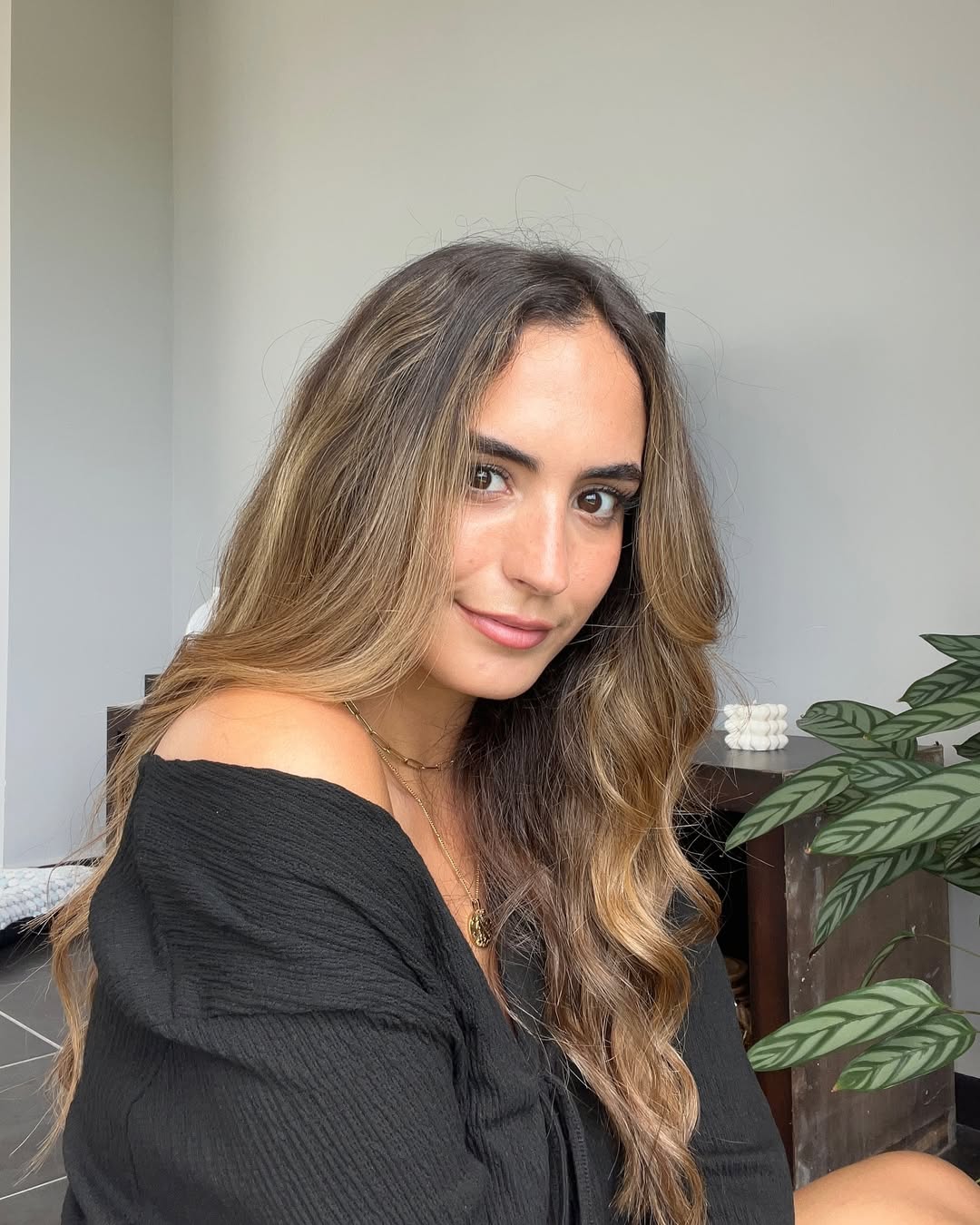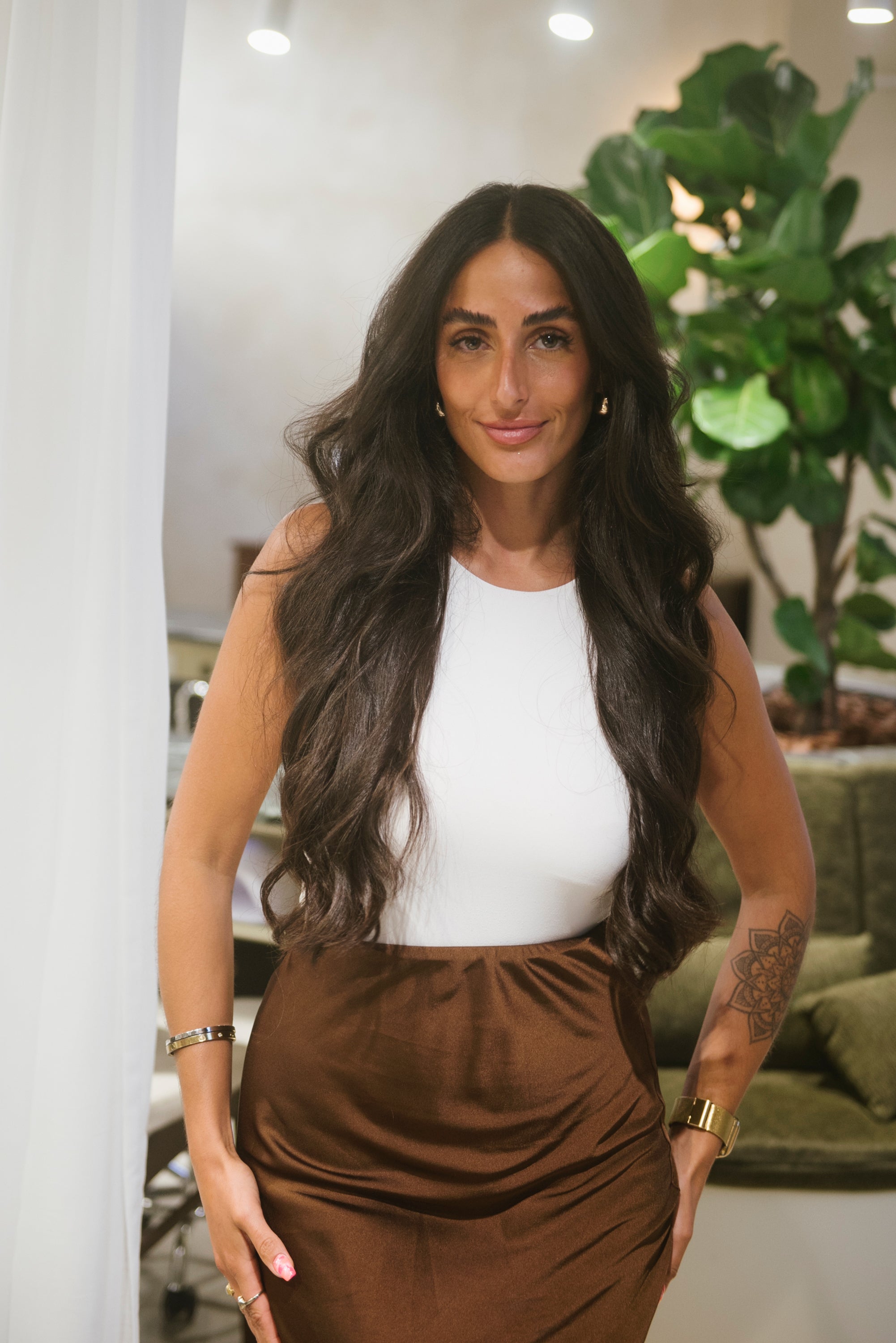Catarina Lucas is a psychologist and author of several books for psychology professionals. She specializes in research and interventions in the areas of couples therapy, sexology, parental counseling, anxiety and panic, depression, eating disorders, and child and adolescent psychology, among others. Frederica interviewed her and wanted to learn more about couples therapy. Read the interview below and find out whether or not this might be the right time to seek help and boost your relationship.
What does couples therapy consist of?
Couples therapy is a psychotherapeutic approach, performed by psychologists or psychiatrists trained in the field, that aims to intervene with the couple and their difficulties. Intervening directly in the relationship allows for solutions that are often not achieved through individual intervention. Couples therapy facilitates the process of change necessary for the adjustment of two people with different ideas, values, and experiences. It promotes the reduction of conflict and the improvement of communication styles. It is important to emphasize that couples therapy is not aimed at maintaining relationships, but rather at helping the couple find their way, whether together or apart. Maintaining the relationship is not always the solution, and in these cases, couples therapy becomes divorce therapy, helping the process occur with the least possible harm to both parties.
What types of couples seek this therapy?
There's no specific profile of couples who seek couples therapy. However, there's a higher prevalence of couples who have been in a relationship for some time and where, as is normal, difficulties begin to surface, replacing what was previously only the passion and infatuation of the early days. Within this group, we can find couples as young as 30 or as old as 50. Same-sex couples are also beginning to seek this therapy. As a rule, when couples arrive for therapy, they are already experiencing significant conflict and serious difficulties in managing their relationships. Therapy is often seen as a "last resort," which is not a good idea, as the motivation for the process of change and adjustment has already diminished.
Has demand increased? Are the complaints the same as always, or are there increasingly more and more unique problems between couples as the years go by and technology becomes more and more common in our lives?
Yes, the demand for couples therapy has increased significantly in recent years, which may be due to several factors, including people's greater familiarity with psychotherapy, but also to the difficulties romantic relationships face today. Some complaints remain, such as infidelity, difficulties in communicating to reach understandings in everyday life, sexuality, children, and managing the extended family. However, it is true that technology exacerbates some of these situations, such as distrust, mainly due to the ease with which people connect with others. There are many discussions surrounding the use of technology and social media, which leads to breaches of trust and invasions of each other's privacy. It is common for couples to seek counseling motivated by infidelities discovered on social media and apps.
Do only couples with problems seek couples therapy?
Mostly, yes. When a couple seeks couples therapy, it's because they've identified a difficulty they can't manage alone. More than just a couple with problems, those who come to us are often couples in crisis, as there's a tendency to seek this type of consultation at a very advanced stage of the problem, almost at a critical point. Often, couples therapy begins, but at a certain point, we're already undergoing divorce therapy. However, couples would benefit from this intervention with the goal of improving certain aspects and developing as a couple, not just as an emergency solution.
What results can a couple achieve, and after how many sessions can you see changes?
There's no exact number of sessions required, as the process depends much more on the couple than on the therapist. Without motivation and commitment, all sessions will likely be fruitless. Furthermore, every couple is unique, and every issue is different. Some couples overcome infidelity, for example, quickly, while others never do. Depending on the couple and their challenges, improvements can be made in how they communicate and listen to each other, their sexuality, family management, and the relationship itself. However, there are no magic solutions, and this is a collaborative effort.
Who is more reluctant about couples therapy? Men or women?
When it comes to heterosexual relationships, men are still typically the most resistant, largely due to cultural factors such as preconceived notions about not discussing problems with strangers, not showing vulnerability, and sometimes even not showing emotion. Fortunately, this trend is beginning to reverse, and many men now understand the benefits of this intervention.
Without going into details, do you have any good or bad examples of couples who have undergone therapy? What were the results?
A negative example was a couple who arrived after infidelity, and where the climate of hostility, tension, criticism, humiliation, and verbal aggression was so intense that it was impossible to continue the process. Under these conditions, it's impossible to help a couple, as not even the basic principle of respect between the parties is upheld. On the other hand, in the case of a couple who arrived due to lifestyle differences, differing assumptions, and different visions of life goals, it was possible to reach a consensus and learn to manage the differences without jeopardizing the relationship. Some time after we completed the process, I received feedback that things were fine and that they had found a middle ground on most issues, having avoided a breakup.
Do you think couples who seek therapy feel some shame about it and, therefore, prefer that no one knows they're seeking this type of help? Or do you think things are changing and that it's increasingly an open topic?
In general, and not just in couples therapy but in psychology more broadly, people talk much more openly than they did 10 years ago. It's no longer a taboo subject, although there are still some reservations, as it continues to focus on very intimate aspects of a person. In couples therapy in particular, there are some more reservations, because a couple's private life remains one of the areas where people least like to admit vulnerability.
What is, for you, the most challenging thing about your profession?
The complexity of human beings, and particularly of couples. The more I delve into couples therapy and research on couples, the more complex it seems and the more captivating it becomes. The more we study and gain experience, the more challenging it becomes, because the truth is that understanding human beings requires understanding a multitude of factors that are usually not entirely within our reach. As a psychologist, I particularly enjoy working with change, completing therapeutic processes, and seeing people gain their "wings" and no longer need me. It's a mix of emotions to see someone leave, but it's also the gratification of having accomplished my mission. Difficult therapeutic processes also motivate me. Challenges and difficulties are a source of motivation for many of us, no matter what field we work in.
If your marriage is going through a difficult phase and there's no other solution than for both of you to go your separate ways, just try not to lose faith. Better days will come. If, on the other hand, you've only recently begun the divorce process, we have the ideal help for you: a book with everything you need to know about this most delicate phase of your life.


































